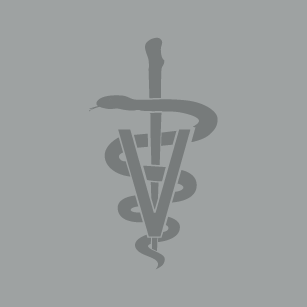The College’s DVM-PhD dual degree program is designed to enhance the career development of students with an interest in science, veterinary research, and graduate education by pursuing a DVM and PhD degree concurrently. Also known as the Veterinary Medical Scientist Training Program (VMSTP), this innovative program produces scientists with a clinical background who go on to investigate complex human and animal health issues.
The philosophy of this program is “One Health,” where veterinary medicine intersects with human medicine, and both interlock with basic research to contribute to the advancement of biomedical research. Our goal is to produce an outstanding group of biomedical researchers capable of identifying new emerging diseases, revealing their mechanisms of pathogenesis, and providing novel solutions for their control. Our College’s rigorous curriculum, superb training facilities, and highly competitive research opportunities provide the link for outstanding students to develop into clinical scientists generating cutting-edge discoveries.

